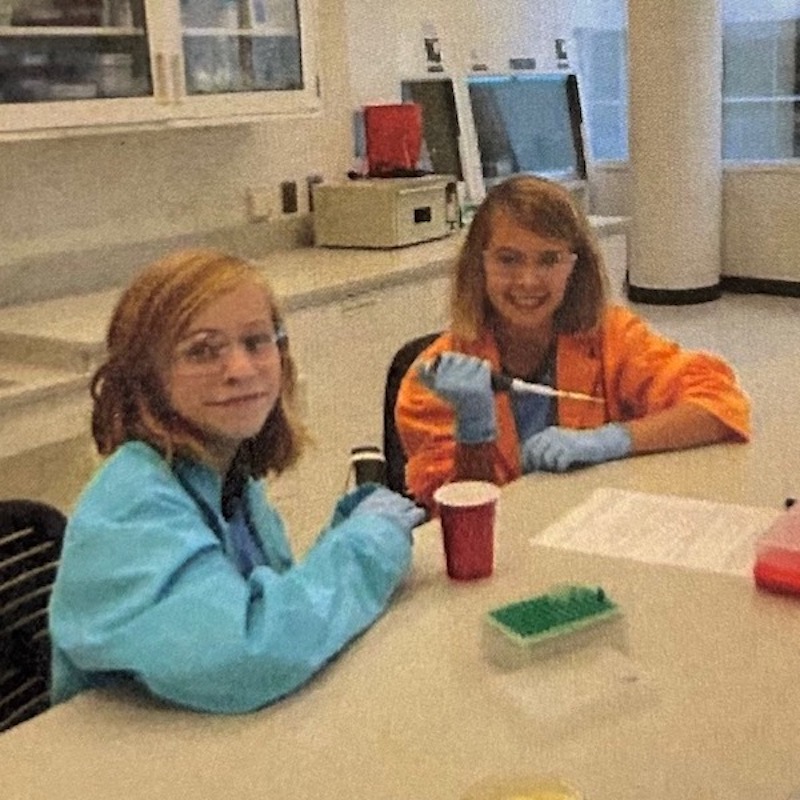Huntsville, Ala. — More than one million teachers and students worldwide have explored inside virtual cells using the HudsonAlpha iCell app. The number of downloads has doubled each year since its creation, and iCell achieved its one-millionth download, March 8, 2015.
Released in 2010, iCell is an interactive simulation that allows students and teachers to explore the inner workings of a typical animal, plant or bacterial cell. Unlike flat, static images from a textbook, iCell offers a 3-D representation of cellular components, giving students a context for learning fundamental cell structure and function.
Users can zoom in on every major part of a cell in 3-D, and captions provide multiple levels of information about each of the cell’s components.
“The contents of a cell and the differences between bacterial, plant and animal cells are among the most challenging concepts on science assessment tests,” said HudsonAlpha Vice President for Educational Outreach Neil Lamb, Ph.D. “Many biology students have difficulty remembering the parts of a cell or visualizing the structure, and the iCell app can really help.”
The iCell app is free and available online or on portable devices via the Windows 8 Store, Google Play Store and Apple iTunes. It has been downloaded in 70 percent of the world’s countries, with the most downloads in the U.S., Canada and Australia.
“Kids will love exploring the cells in this virtual environment in ways that are not available in other situations,” said Julene Reed, a reviewer for educational app site AppoLearning. “Being able to see these basic units of molecular structure and their parts gets kids excited about the wonder of science.”
About iCell
Released in 2010, iCell is an interactive simulation that allows students and teachers to explore the inner workings of a typical animal, plant or bacterial cell. Unlike flat, static images from a textbook, iCell offers a 3-D representation of cellular components, giving students a context for learning fundamental cell structure and function.
About HudsonAlpha: HudsonAlpha Institute for Biotechnology is a nonprofit institute dedicated to innovating in the field of genomic technology and sciences across a spectrum of biological challenges. Founded in 2008, its mission is four-fold: sparking scientific discoveries that can impact human health and well-being; bringing genomic medicine into clinical care; fostering biotech entrepreneurship; and encouraging the creation of a genomics-literate workforce and society. The HudsonAlpha biotechnology campus consists of 152 acres nestled within Cummings Research Park, the nation’s second largest research park. Designed to be a hothouse of biotech economic development, HudsonAlpha’s state-of-the-art facilities co-locate nonprofit scientific researchers with entrepreneurs and educators. The relationships formed on the HudsonAlpha campus encourage collaborations that produce advances in medicine and agriculture. Under the leadership of Dr. Richard M. Myers, a key collaborator on the Human Genome Project, HudsonAlpha has become a national and international leader in genetics and genomics research and biotech education, and includes 29 diverse biotech companies on campus. To learn more about HudsonAlpha, visit: http://hudsonalpha.org/.
Media Contact:
Margetta Thomas
256-327-0425
mthomas@hudsonalpha.org


